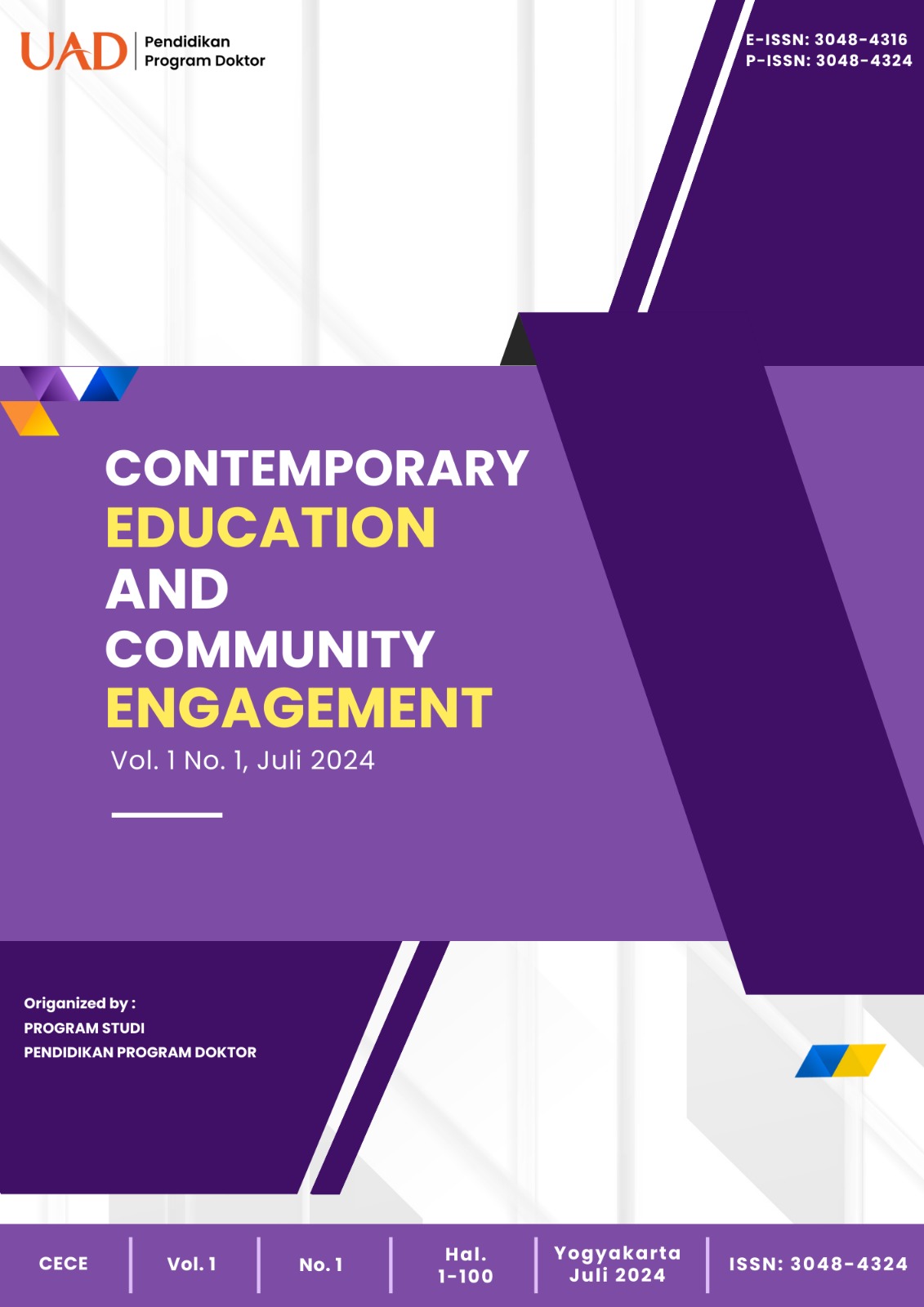Entrepreneurial Practices Amidst Economic Downturn among Home Economics Teachers for Family Sustainability in North-East, Nigeria
DOI:
https://doi.org/10.12928/cece.v2i2.971Keywords:
Economic Downturn, Entrepreneurial Practices, Family Sustainability, Financial Literacy, Home Economics TeachersAbstract
This study investigates the entrepreneurial practices of home economics teachers in Northeast Nigeria during periods of economic downturn, focusing on promoting family sustainability. The entrepreneurial ventures explored include handicrafts, small-scale food production, catering, tailoring, and financial literacy training, which refers to equipping teachers with knowledge and strategies for budgeting, savings, debt management, and small-scale financial planning to support microenterprises. A cross-sectional survey design was employed to capture the current state of entrepreneurial engagement. Data were collected using structured questionnaires from a stratified random sample of 200 home economics teachers (164 females and 36 males) across regional urban and rural locations. Descriptive statistics (means and standard deviations) and inferential statistics (chi-square test) were used for data analysis. Findings reveal a significant gender disparity in entrepreneurial engagement, with female teachers accounting for 82% of all entrepreneurial activities. Teachers who engaged in such activities reported higher family income, increased savings, reduced debt, better access to healthcare, and greater financial satisfaction. The study recommends targeted support from stakeholders to strengthen entrepreneurial training and financial resilience among home economics educators, thereby enhancing their contributions to family and community well-being.
Downloads
Published
How to Cite
Issue
Section
License
Copyright (c) 2025 Mohammed Lawal Umoru

This work is licensed under a Creative Commons Attribution-ShareAlike 4.0 International License.





